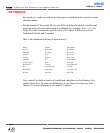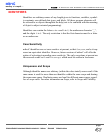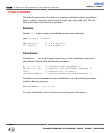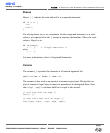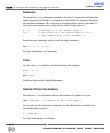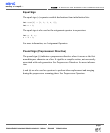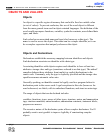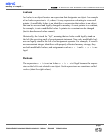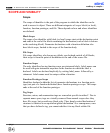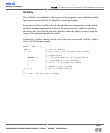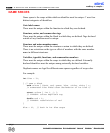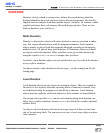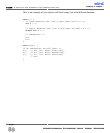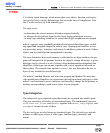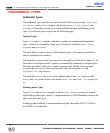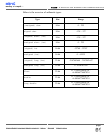
Scope
The scope of identifier is the part of the program in which the identifier can be
used to access its object. There are different categories of scope: block (or local),
function, function prototype, and file. These depend on how and where identifiers
are declared.
Block Scope
The scope of an identifier with block (or local) scope starts at the declaration point
and ends at the end of the block containing the declaration (such a block is known
as the enclosing block). Parameter declarations with a function definition also
have block scope, limited to the scope of the function body.
File Scope
File scope identifiers, also known as globals, are declared outside of all blocks;
their scope is from the point of declaration to the end of the source file.
Function Scope
The only identifiers having function scope are statement labels. Label names can
be used with goto statements anywhere in the function in which the label is
declared. Labels are declared implicitly by writing label_name: followed by a
statement. Label names must be unique within a function.
Function Prototype Scope
Identifiers declared within the list of parameter declarations in a function proto-
type (not part of a function definition) have function prototype scope. This scope
ends at the end of the function prototype.
Tag Scope
Structure, union, and enumeration tags are somewhat specific in mikroC. Due to
separate name space, tags are virtually removed from normal scope rules: they
have file scope, but override any block rules. Thus, deeply nested declaration of
structure is identical to an equivalent global declaration. As a consequence, once
that you have defined a tag, you cannot redefine it in any block within file.
mikroC
- C Compiler for Microchip PIC microcontrollers
mikroC
making it simple...
54
MikroElektronika:
Development
tools
-
Books
-
Compilers
page
SCOPE AND VISIBILITY



